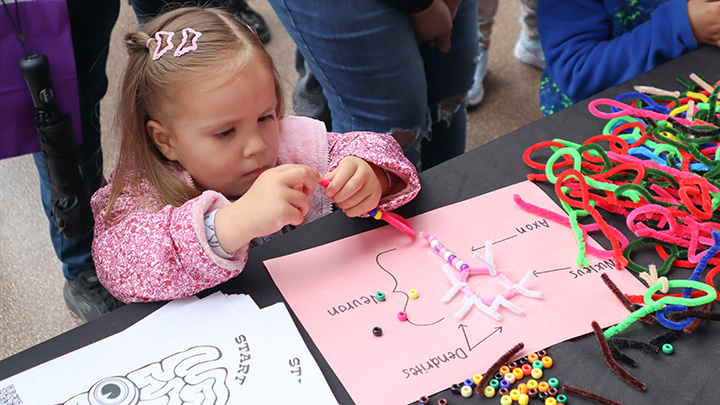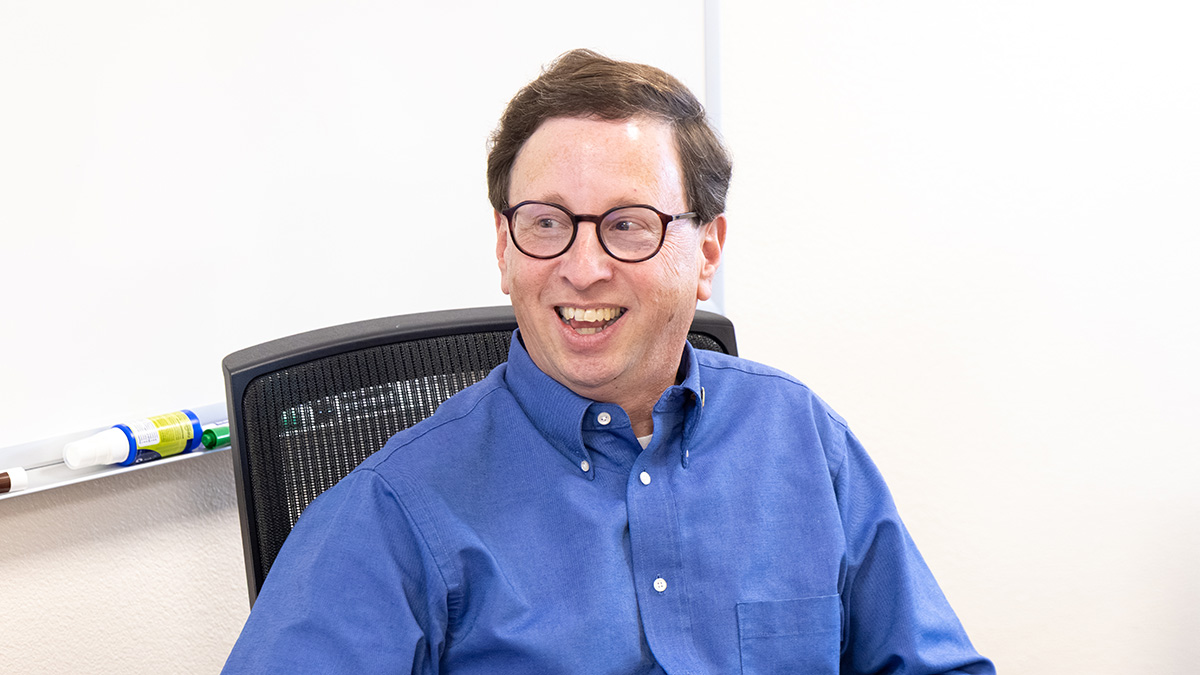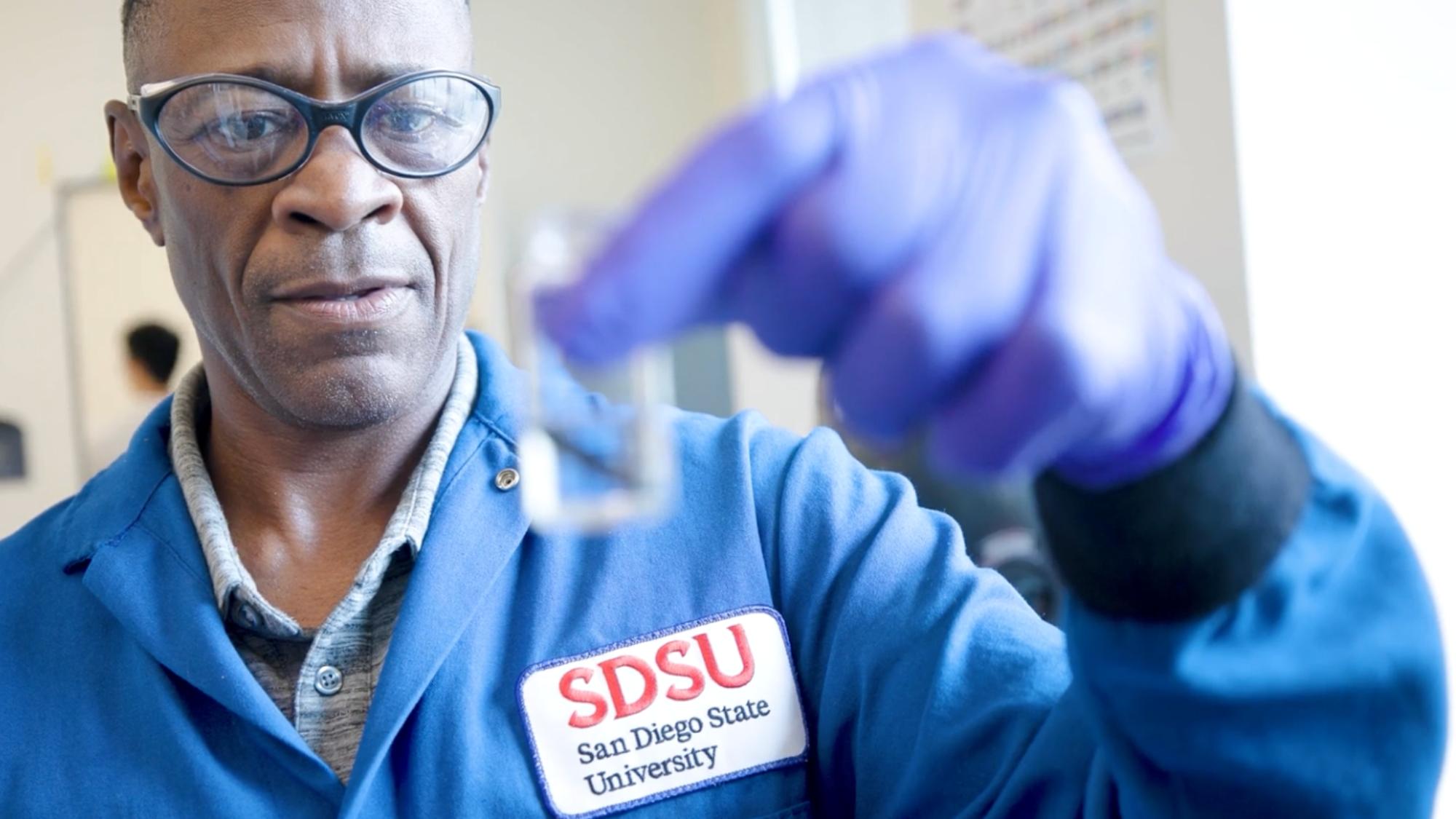Students, faculty and staff are part of a full day of family-friendly science and engineering demonstrations, presentations and interactive activities on March 7.
Richard Levine will deliver SDSU’s 2026 Albert W. Johnson Research Lecture, exploring use of data science to support student success. Gonto Johns returned to school after 20 years in industry, gaining career-boosting skills while exploring sustainability solutionsSciences-Feature

Let’s learn about STEM! SDSU returns as a festival sponsor at Petco Park

How machine learning helps students stay on track toward graduation

Chemistry Ph.D. student reflects on SDSU experience in final year of program
Why Sciences at SDSU?
SDSU’s College of Sciences prides itself on inclusive education and research innovation.
The college offers bachelor’s, master’s, and doctoral degrees across eight academic departments, with faculty who are respected experts in their disciplines as well as dedicated, thoughtful instructors. Coursework prepares students for careers in a range of fields from healthcare and biotech to academia and research.
Knowledge gained in the classroom is enhanced by hands-on learning in cutting-edge research centers on and around campus, and frequent field trips that allow students to develop the skills needed to be leaders in science, technology, engineering, and mathematics (STEM).
The College of Sciences operates off-campus sites such as Mount Laguna Observatory, the Coastal Marine Institute, and thousands of acres in biological science research stations, connecting SDSU advancements to the greater San Diego region.
Research Excellence
Our faculty and students regularly publish in prestigious scientific journals. Here are some of their recent publications:

